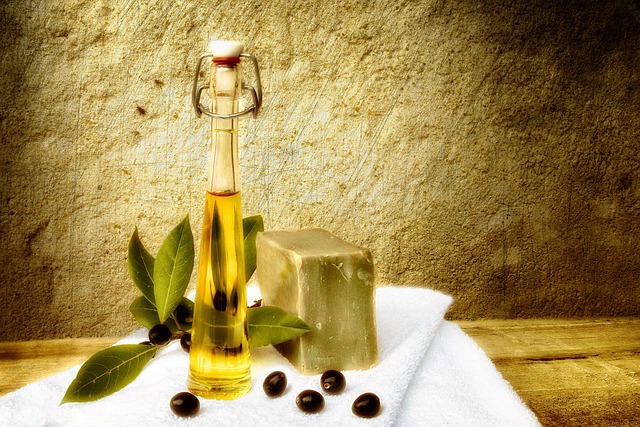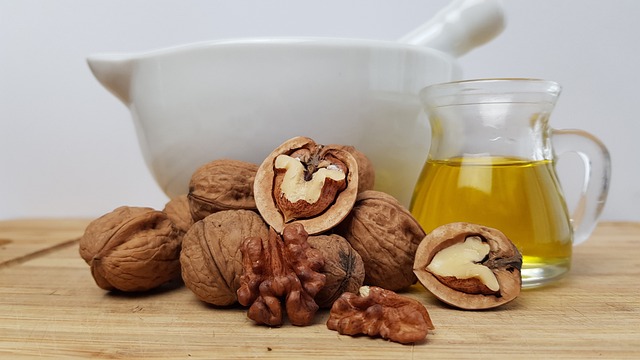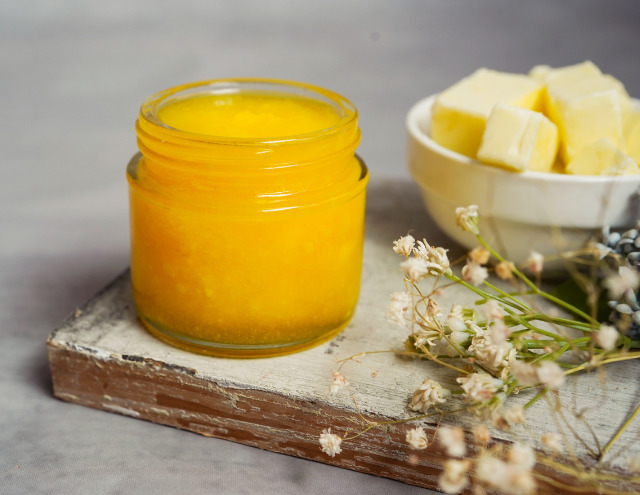Olive oil, derived from the fruit of the olive tree, has been a staple in Mediterranean cuisine for centuries. Renowned for its rich flavor and numerous health benefits, olive oil is not only a culinary delight but also an excellent addition to a healthy lifestyle. In this article, we will explore the various types of olive oils available and how to incorporate them into your diet to enhance your health.
Extra Virgin Olive Oil
Extra virgin olive oil (EVOO) is considered the highest quality olive oil and is extracted through a process of cold-pressing olives without the use of heat or chemicals. It retains the natural flavors, aroma, and nutritional integrity of the olives. EVOO is rich in monounsaturated fats, antioxidants, and vitamins, making it a heart-healthy choice. It is ideal for drizzling over salads, vegetables, and grilled meats, or as a dip for bread.
Virgin Olive Oil
Virgin olive oil is also extracted without the use of chemicals but has a slightly lower quality compared to extra virgin olive oil. It possesses a milder flavor and is suitable for light sautéing, baking, or making dressings and marinades. While it may not have the same robust flavor as EVOO, virgin olive oil still offers health benefits and is an excellent option for everyday cooking.
Pure Olive Oil
Pure olive oil, sometimes labeled as just “olive oil,” is a blend of refined olive oil and virgin olive oil. The refining process removes impurities and gives the oil a milder taste. Although it lacks the rich flavors and health benefits of extra virgin and virgin olive oil, it has a higher smoke point, making it suitable for high-heat cooking methods like frying and roasting.
Light Olive Oil
Contrary to what the name suggests, light olive oil does not refer to its calorie content but rather its flavor and color. Light olive oil undergoes extensive refining, resulting in a mild taste and pale color. It is often a blend of refined olive oil and other vegetable oils. Light olive oil is suitable for cooking methods where a strong olive oil flavor is undesirable, such as baking or frying delicate foods.
Incorporating Olive Oil for Health Benefits
- Heart Health: The monounsaturated fats found in olive oil help lower bad cholesterol (LDL) levels and reduce the risk of heart disease. Replace saturated fats like butter or margarine with olive oil in your cooking and baking recipes
- Anti-inflammatory Properties: Olive oil contains antioxidants, such as polyphenols and vitamin E, which have anti-inflammatory properties. Regular consumption of olive oil may help reduce inflammation in the body and protect against chronic diseases.
- Brain Health: The healthy fats in olive oil can benefit brain health and cognitive function. Include olive oil in your diet as a natural source of omega-3 fatty acids and antioxidants, which may contribute to improved memory and overall brain health.
- Skin and Hair Health: Olive oil’s moisturizing and nourishing properties make it an excellent natural remedy for skin and hair care. Apply a small amount of olive oil topically to moisturize dry skin or use it as a conditioning treatment for shiny, healthy-looking hair.
Conclusion
Olive oil offers a range of health benefits and culinary versatility. From the robust flavor of extra virgin olive oil to the light and mild options for different cooking methods, there is an olive oil suitable for every dish. By incorporating olive oil into your diet, you can enhance your health and well-being while enjoying the rich taste and aroma of this ancient Mediterranean treasure. Embrace the goodness of olive oil and savor the benefits it brings to your overall health.
Oils
-

Grapeseed Oil: A Versatile and Nutritious Cooking and Skincare Oil
Grapeseed oil is a popular cooking oil and skincare ingredient derived from the seeds of grapes. It is widely recognized for its light flavor, high smoke point, and numerous health and beauty benefits. With its unique nutritional profile and versatile applications, grapeseed oil has become a staple in kitchens and beauty routines worldwide. In this…
-

Wheat Germ Oil: A Nutritional Powerhouse for Health and Beauty
-

The Surprising Link Between Coconut Oil and Weight Loss
-

Some Uncommon Oils to Dress Salads That You Must Try Today
-

Why You Need Ghee – Definition, Health Benefits, and Culinary Uses
-

Sunflower Oil: Exploring Pros and Cons of its Usage
-

The Hidden Truth: Why Canola Oil May Not Be the Best Choice for Your Health









Leave a Reply